Projects

GoThink
Das Projekt untersucht, wie das Ausführen von ikonischen Gesten während der Satzverarbeitung das logisch-abstrakte Denken bei Kindern im Grundschulalter unterstützt, und welche Rolle dabei das Arbeitsgedächtnis spielt. Der inhaltliche Fokus liegt auf der Verarbeitung von Sätzen mit dem Zahlausdruck „einige“, in denen verschiedene Mengen in Bezug zueinander gesetzt werden (“einige”,…, “alle”). Die Ergebnisse des Projekts bieten Anknüpfungspunkte für Förderkontexte im Grundschulalter, die

Hate Crime
The project Hate Crime explores bias-motivated violence from an interdisciplinary perspective (law, ethics and psychology).

InSel
The InSel project is investigating how well teachers can recognise internalising symptoms in their students. In addition, a psychoeducational intervention for teachers regarding internalising behavioural problems in students is being developed and tested.
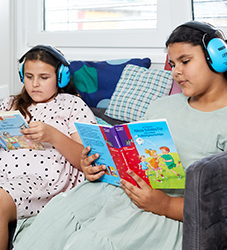
KaKoTex
The project KaKoTex investigates how grammatical features of texts and individual characteristics of the readers (e.g. multilingualism) affect text comprehension in 4th grade. The focus is on the comprehension of linguistic means for marking cause-consequence relationships, so-called causal connectives (e.g. because, therefore). The project aims to find out (i) whether explicit marking of causal relations facilitates text comprehension, (ii) for which causal connectors this holds, and (iii) which students benefit from it.
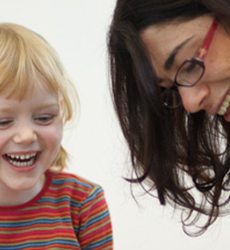
KiGru
The project KiGru offered children with complicated development conditions individual support and monitoring in the transition from kindergarten to primary school.

KoKo
Children with ADHD are inattentive, hyperactive, and impulsive. In our Project KoKo we viewed these problems as problems of cognitive self-regulation: We analyzed children’s behavioral inhibition, cognitive flexibility, and working memory.
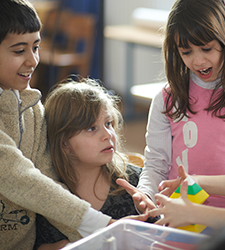
Konni
This project’s aim was to identify how children acquire social competencies.
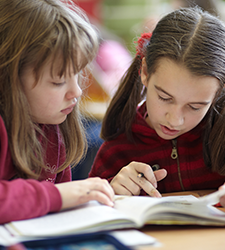
KonText
The KonText project investigates how grammatical features of texts and individual characteristics of readers (e.g. multilingualism) influence text comprehension. The focus is on the comprehension of linguistic means of indicating basic sequential relationships, so-called causal connectors (e.g. because, since, therefore). The project aims to find out (i) whether explicit labelling of causal relations facilitates text comprehension, (ii) for which causal connectors this is true, and (iii) which students benefit from this.
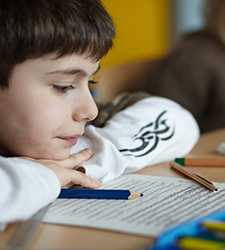
Kosmos
Kosmos focused on the cognitive and socio-emotional development of children with dyslexia and/or dyscalculia.

LeA
The project LeA examined the manipulation of reading and calculating performance based on the acceleration phenomenon.